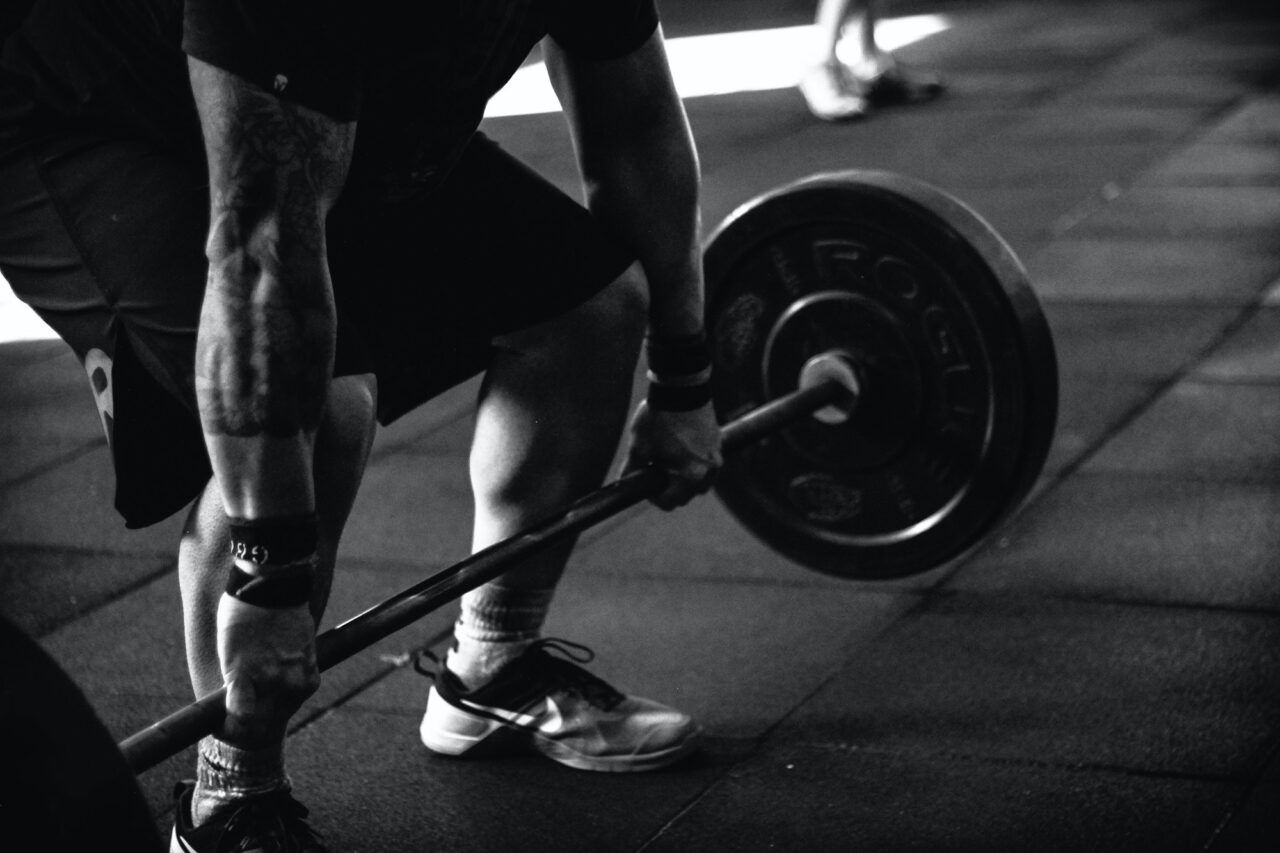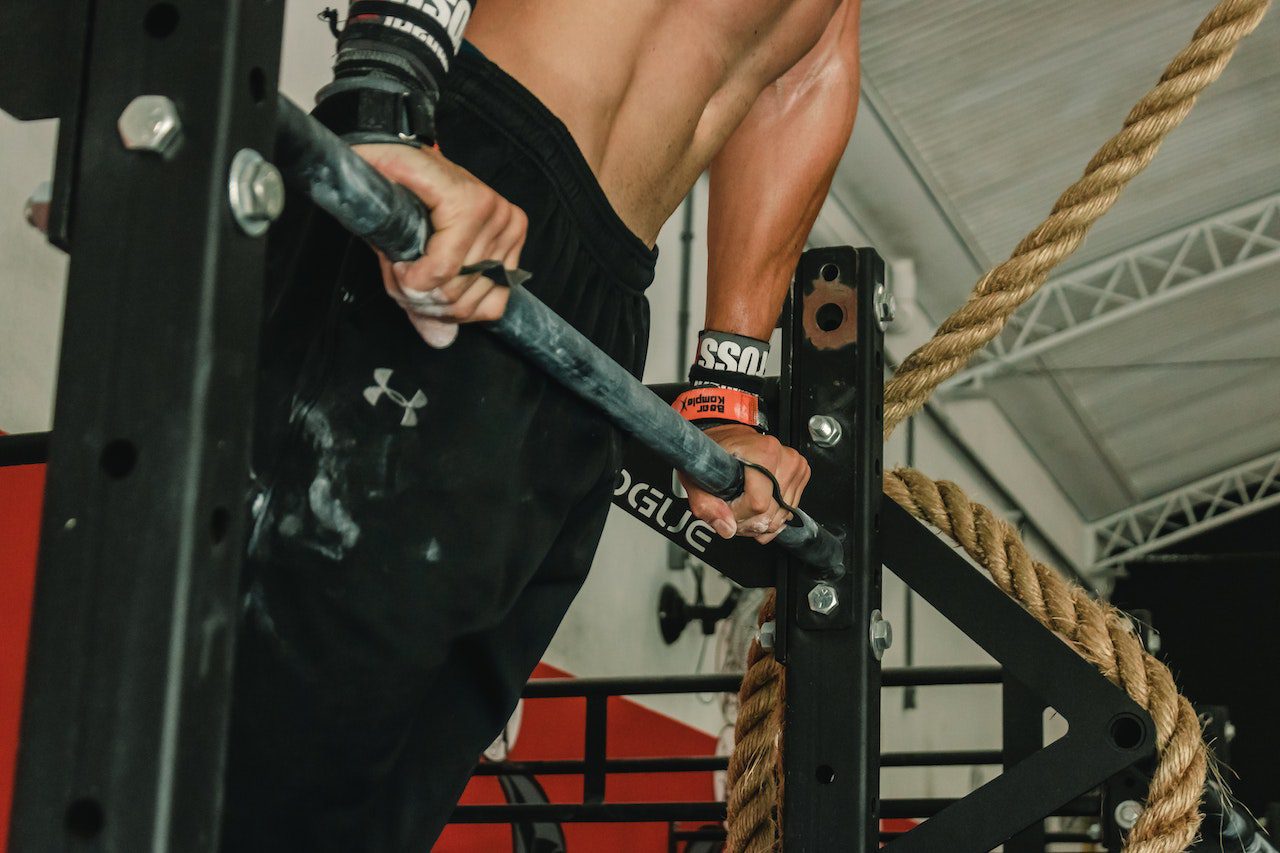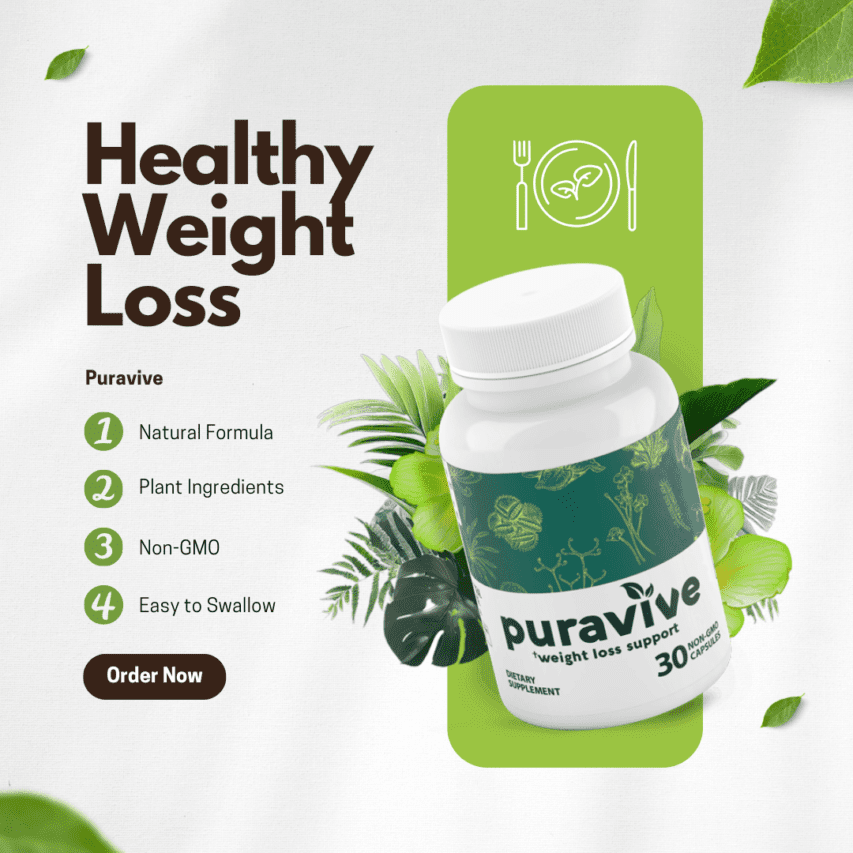Introduction
In today’s health-conscious society, many individuals turn to sports supplements to enhance their athletic performance and support their overall well-being. This article will explore the topic of health and sports supplements, providing valuable information on their benefits, types, usage, and potential risks. Whether you’re an athlete looking to optimize your performance or someone interested in improving their overall health, this article will serve as a comprehensive guide to understanding health and sports supplements.
Benefits of Health & Sports Supplements
Sports supplements offer a range of potential benefits for individuals engaged in physical activities. Some of the key benefits include:
- Enhanced Performance: Certain supplements, such as creatine and beta-alanine, have been shown to improve strength, power, and endurance during exercise
- Muscle Growth: Protein supplements, such as whey protein, can aid in muscle repair and growth, especially when consumed after resistance training
- Improved Recovery: Supplements like branched-chain amino acids (BCAAs) and glutamine can help reduce muscle soreness and promote faster recovery after intense workouts
- Increased Energy: Pre-workout supplements often contain ingredients like caffeine and B vitamins, which can provide an energy boost and enhance focus during exercise
- Nutritional Support: Some supplements, such as multivitamins and omega-3 fatty acids, can help fill nutritional gaps in the diet and support overall health
Types of Health & Sports Supplements
There is a wide variety of health and sports supplements available on the market. Here are some common types:
- Protein Supplements: Whey protein, casein protein, and plant-based protein powders are popular options for individuals looking to increase their protein intake and support muscle growth
- Creatine: Creatine is a naturally occurring compound that can enhance high-intensity exercise performance and promote muscle strength and power
- Pre-Workout Supplements: These supplements are designed to provide an energy boost, enhance focus, and improve exercise performance. They often contain ingredients like caffeine, beta-alanine, and nitric oxide boosters
- BCAAs: Branched-chain amino acids, including leucine, isoleucine, and valine, are commonly used to reduce muscle breakdown, enhance recovery, and support muscle growth
- Vitamins and Minerals: Multivitamins and specific micronutrient supplements can help meet nutritional needs and support overall health
Usage and Safety Considerations
While health and sports supplements can offer benefits, it’s important to use them responsibly and consider potential risks. Here are some usage and safety considerations:
- Consult a Healthcare Professional: Before starting any new supplement regimen, it’s advisable to consult with a healthcare professional, especially if you have any underlying health conditions or are taking medications
- Follow Recommended Dosages: Stick to the recommended dosages provided by the supplement manufacturer. Taking excessive amounts can lead to adverse effects
- Choose Reputable Brands: Select supplements from reputable brands that undergo third-party testing for quality and safety
- Be Mindful of Interactions: Some supplements may interact with medications or have contraindications for certain health conditions. It’s important to be aware of potential interactions and consult a healthcare professional if needed
- Monitor Your Body’s Response: Pay attention to how your body responds to supplements. If you experience any adverse effects, discontinue use and consult a healthcare professional
FAQ: Frequently Asked Questions
Q: Are health and sports supplements necessary for everyone?
A: No, health and sports supplements are not necessary for everyone. They can be beneficial for individuals with specific goals or nutritional needs, such as athletes or those with nutrient deficiencies. However, a balanced diet and regular exercise should be the foundation of a healthy lifestyle
.Q: Can sports supplements replace a healthy diet?
A: No, sports supplements should not replace a healthy diet. They are intended to supplement, not substitute for, a well-rounded and nutritious eating plan. It’s important to prioritize whole foods and meet your nutritional needs through a balanced diet
.Q: Are health and sports supplements regulated by any governing bodies?
A: In many countries, health and sports supplements are regulated by government agencies, such as the Food and Drug Administration (FDA) in the United States. However, regulations may vary, and it’s important to choose supplements from reputable brands that adhere to quality and safety standards
.Q: Can sports supplements cause any side effects?
A: While most sports supplements are generally safe when used as directed, some individuals may experience side effects. These can include digestive issues, allergic reactions, or interactions with medications. It’s important to be aware of potential side effects and consult a healthcare professional if needed
Conclusion
Health and sports supplements can be valuable tools for individuals looking to enhance their athletic performance, support muscle growth, and improve overall well-being. By understanding the benefits, types, usage, and safety considerations of these supplements, individuals can make informed decisions and incorporate them into their fitness and health routines. Remember to consult a healthcare professional before starting any new supplement regimen and prioritize a balanced diet and regular exercise as the foundation of a healthy lifestyle.









